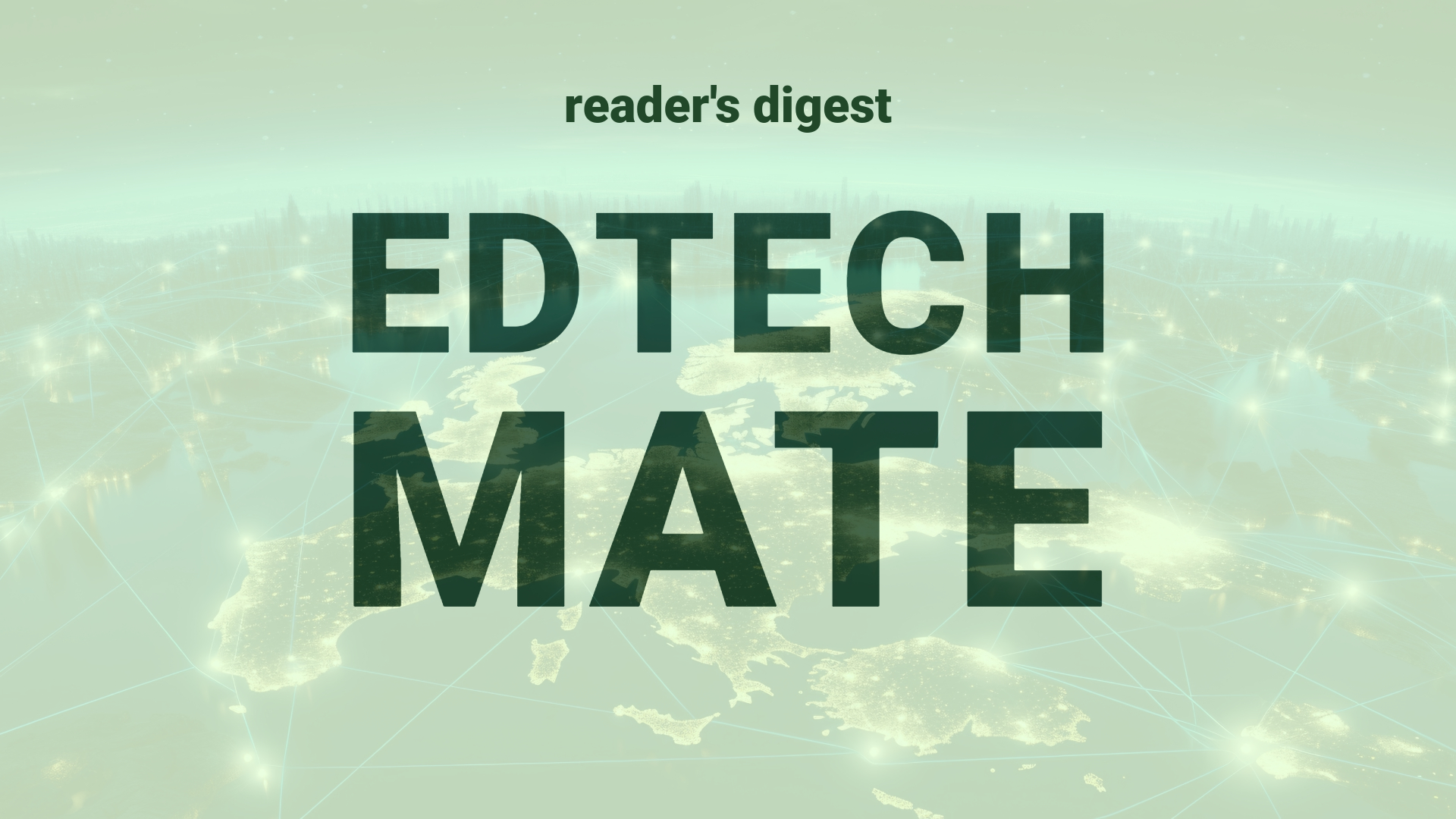Executive Summary and Main Points
The advent of generative artificial intelligence represents a transformative shift in the workforce, potentially automating roles once thought immune to such change. According to a McKinsey Global Institute report, by 2030 up to 30% of work hours could be automated in industrialized countries. The sectors most affected will be those heavily reliant on cognitive skills, such as law and administration. However, areas like health care, clean energy, and scientific R&D may see increased demand for workers.
The implications are clear: upskilling and reskilling become imperative to survival in an AI-enhanced job market. The report posits that rather than mass unemployment, the world is likely to see a substantial volume of job transitions, necessitating strategic adjustments in education and training. Furthermore, a skills gap is evident, with a particular shortage of advanced IT, data analytics, critical thinking, creativity, and training competencies. Wage polarization is a concern, as demand for skilled labor in higher-wage jobs may increase, while lower-wage positions become scarcer.
Potential Impact in the Education Sector
This technological revolution predicts a formidable impact on the education sector, especially in Further Education and Higher Education. Colleges and universities must swiftly adapt curricula to equip students with advanced digital competencies and higher-order cognitive skills that machines cannot readily emulate. In view of Decreased demand for lower-skilled roles, there’s an urgency to review and optimize the delivery of Micro-credentials, offering targeted, quick-turnaround training to fill emergent skills gaps.
Institutional readiness for delivering such education is crucial, with a pronounced need for strategic partnerships between educational providers, tech firms, and policymakers. These collaborations will be pivotal in shaping sector-wide digitalization strategies, ensuring a fast and adaptive response to the swiftly altering employment landscape.
Potential Applicability in the Education Sector
These developments herald novel applications like AI-powered adaptive learning platforms, which can tailor educational experiences to individual student needs, and data analytics tools for personalizing career guidance. The application of AI in facilitating lifelong learning becomes especially pertinent as the workforce will require continuous professional development to keep pace with technological advancements.
Moreover, leveraging AI in education could enhance global connectivity, allowing for cross-border educational initiatives and thus fostering a more cohesive international labor market. Virtual reality and simulation-based learning may also allow students to gain practical experience in a risk-free environment, preparing them for the intricate tasks that their future roles may demand.
Criticism and Potential Shortfalls
Despite the optimism around AI and automation, there are notable criticisms and potential shortfalls to consider. The threat of widening socioeconomic disparities is real, as underprivileged populations might lack access to the necessary resources for upskilling. Ethical concerns regarding data privacy, algorithmic bias, and the cultural implications of technocentrism are also prevalent.
Comparative international case studies indicate that the rate of technological adoption and the ability to reskill vary significantly across regions, thus potentially exacerbating existing global inequalities. Access to high-quality education is not universally available, and thus international strategies need to be inclusive and contextually sensitive to diverse cultural and socioeconomic conditions.
Actionable Recommendations
To embrace these technologies effectively, education leaders should consider the following strategies:
- Developing comprehensive digital literacy and upskilling initiatives, in direct alignment with current market needs and in anticipation of future trends.
- Investing in agile educational technologies that can quickly be adapted to meet changing circumstances and learning requirements.
- Fostering global collaboration between educational institutions and industries to design micro-credentials that are directly applicable to real-world scenarios.
- Ensuring that policies and practices are equitable and inclusive, providing opportunities for all segments of society to participate in the new digital economy.
- Encouraging ethical development and deployment of AI in education, with transparent algorithms and safeguards against bias.
The objective is to create a resilient, adaptive workforce capable of navigating the challenges and harnessing the opportunities presented by generative AI and automation.
Source article: https://www.mckinsey.com/mgi/overview/in-the-news/human-capital-for-the-age-of-generative-ai

